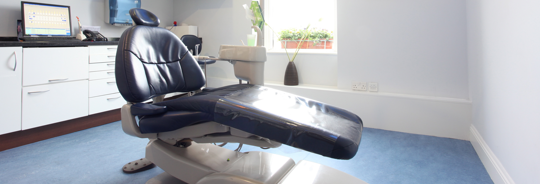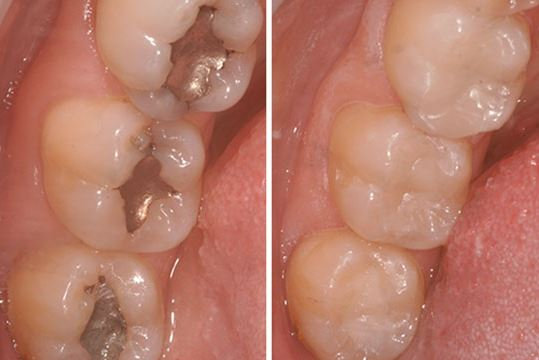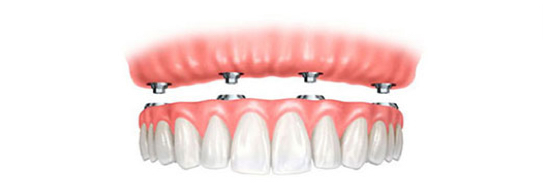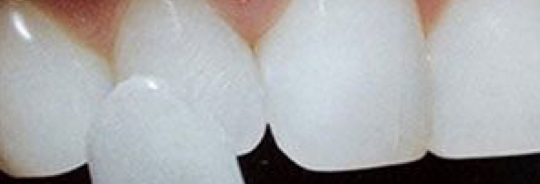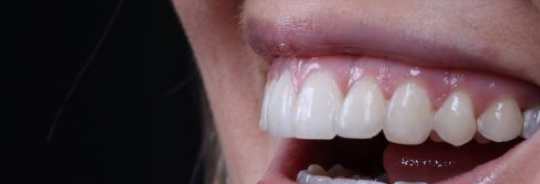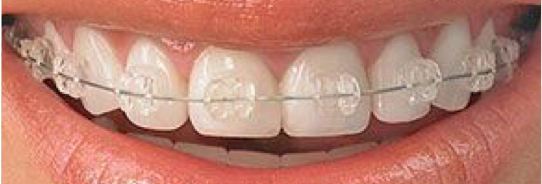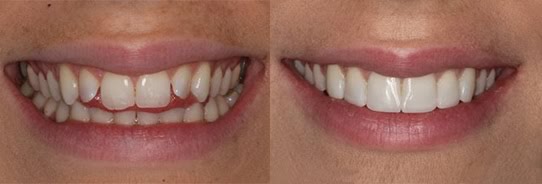
Blog
We post all the latest information here regularly so it's always up to date for you. If there is a topic you would like to have us cover please ask.
16 August 2016
Dental Implants vs Dentures

Weighing Up the Pros and Cons
If you're missing any teeth or do you want to finally get rid of that ill-fitting denture or do you simply want a healthy new smile? It's useful to know as much as possible when it comes to sitting down with your dentist discussing your options. There are several ways we can fill the gaps in your smile or even give you an entirely new set of teeth.

When it comes to choosing the right treatment for you, a number of factors including time frame, finance, health concerns as well as your own personal preference can come into play. So, what should you be ask your dentist about when planning treatment...
| Denture | Tooth Supported Bridge | Implant Supported Bridge | |
| Preserves Bone Density | Makes Worse | No Change | Improves Density |
| Causes Tooth Decay | Yes | Rarely | No |
| Speech Change | Yes | No | No |
| Need to File Teeth | Sometimes | Yes | No |
Looking After Your Long-term Health
Bone Density in your Jaw
One factor take into consideration when replacing teeth is the density and volume of bone. When the bones in your jaw are stimulated, the resistance can cause the bone to remain healthy and strong. However when teeth fall out, the added pressure is absent and the bone can gradually become thinner and thinner.
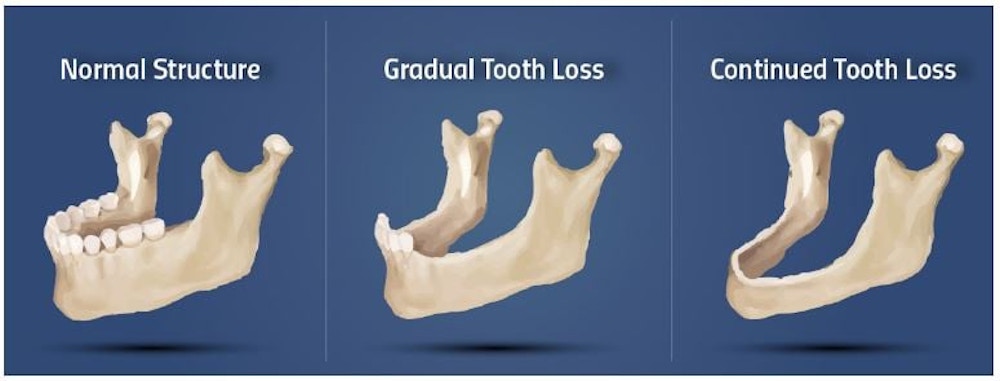
If you opt for a denture, it can actually cause the bone to wear away over time. This can cause comfort issues and in some cases complexity if you decide to opt for dental implants in the future.
Although a tooth supported bridge can't improve your bone density, dental implants do actually act as an artificial tooth root, which can help the jaw maintain its strength. Your dentist will place implants for the bridge to sit on at regular intervals so that the pressure is evenly spread along your jaw.
Preserving your Teeth
If you still have teeth in your mouth, then you’ll obviously want to make sure they are well cared for. By having a denture, the surface area for bacteria is increased, eventually causing the gums to slowly strip away from the teeth. This is often a major cause of decay and discomfort, making dentures quite difficult to keep clean.
If you decided to opt for a tooth supported bridge, the teeth that have been worked on are far more likely to succumb to complications and may require root canal treatment at some stage. This is due to the teeth being prepared for a bridge by filing them back, otherwise referred to as posts. These posts will then act as a support to the bridge, which it is cemented onto them. However, the average lifespan of a tooth which is prepared like this is far less than one that has been left intact.
It's why our dentists prefer using dental implants as a bridge, allowing us to leave healthy teeth just as they are. Dental implants are the number one solution for these situations as they offer a new strong titanium root for the bridge to sit on.
Speech and Bite
Of course, any slight adjustment made to your mouth may possibly impact your speech. With dentures, the plate that covers the roof of the mouth can actually cause issues. This is one of the most irritating things about dentures as it feels bulky, alters taste, causes gagging and changes speech. The advantage of tooth or implant supported bridges is that they eliminate the need for a plate, leaving your sense of taste and speech as it was with natural teeth.


